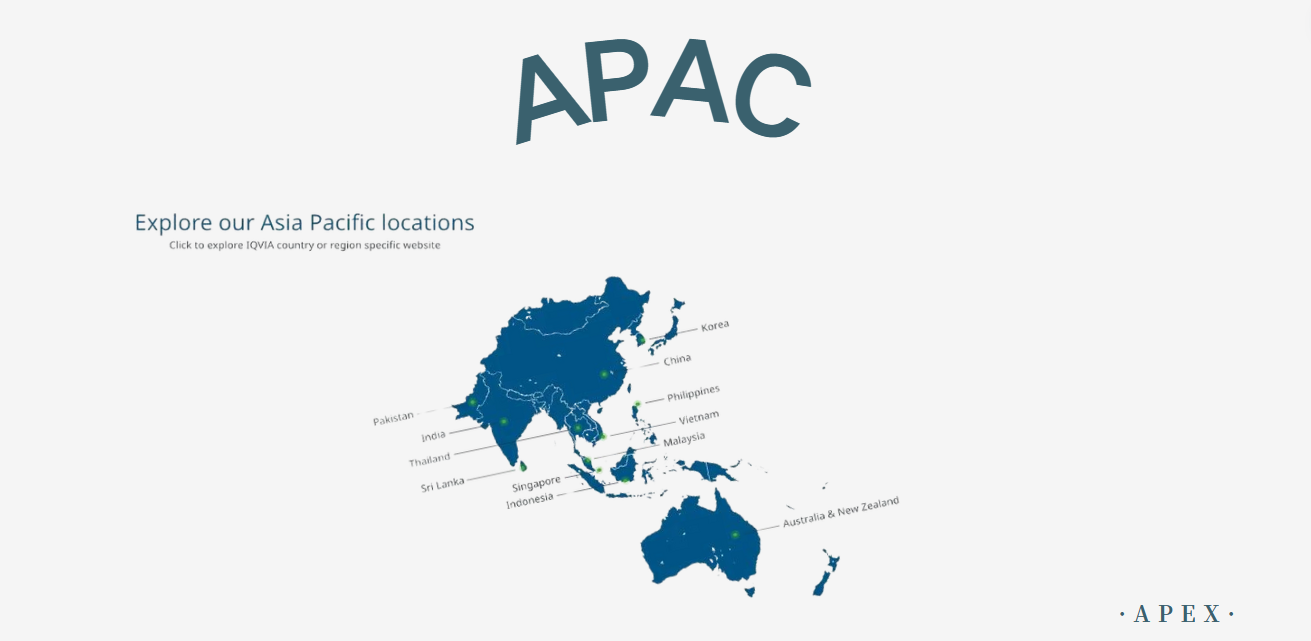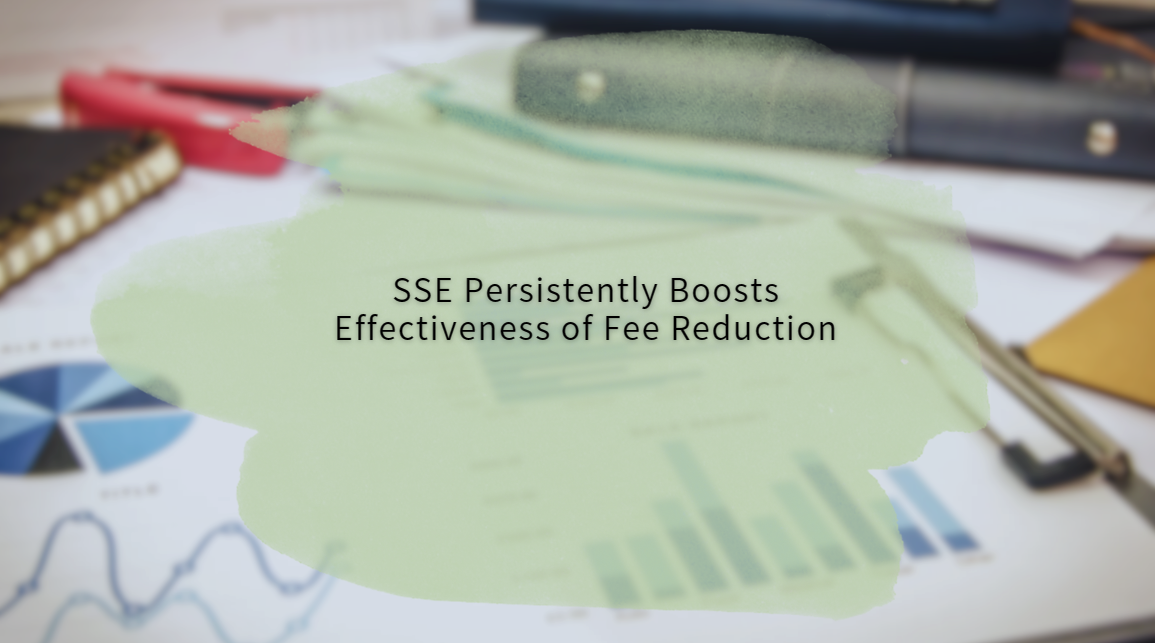Announcement No. 19 [2023] of the People's Bank of China
To regulate bond valuation services in the interbank bond market, protect the legitimate rights and interests of investors, and promote the stable and healthy development of the bond market, the People's Bank of China has formulated and is hereby issuing the Measures for the Administration of Bond Valuation Services in the Interbank Bond Market, effective as of January 1, 2024.
Appendix: Measures for the Administration of Bond Valuation Services in the Interbank Bond Market
People's Bank of China
December 1, 2023
Appendix
Measures for the Administration of Bond Valuation Services in the Interbank Bond Market
Article 1 This Measures is formulated in accordance with the Law of the People's Republic of China on the People's Bank of China and other applicable laws and regulations to regulate bond valuation services in the interbank bond market, protect the legitimate rights and interests of investors, and promote the stable and healthy development of the bond market.
Article 2 For the purposes of this Measures, “valuation service” refers to the development, compilation, release, and other related activities undertaken in the interbank bond market to provide bond valuation and yield curves.
For the purposes of this Measures, “valuation product” refers to any bond valuation or yield curve, with one or more bonds as the subject, released by a valuation firm to external parties that has a material impact on market pricing and has wide applications.
Article 3 The People's Bank of China exercises supervision and administration of the valuation services in the interbank bond market.
Article 4 A valuation firm shall maintain objectivity and neutrality at all times, improve the fairness of its valuation products on an ongoing basis, and meet the following basic criteria:
(1) Being able to operate on a long-term and stable basis;
(2) Having a well-defined organizational structure, robust internal management procedures, and effective supervision mechanisms
(3) Having stable and reliable sources of data and a complete set of data collection and processing procedures;
(4) Possessing scientific valuation technologies and methodologies as well as a complete set of procedures for the development, compilation, release, and quality monitoring of valuation products;
(5) Having a team of experienced professionals and efficient, feature-complete information technology facilities required by its valuation services; and
(6) Meeting any other criteria specified by the People's Bank of China.
Article 5 A valuation firm shall establish clear, rigorous, and transparent data usage standards and hierarchy such that the selected data can truthfully reflect the market conditions.
(1) For an actively traded bond, preference shall be given to market data of the bond such as its execution prices or executable quotes;
(2) For any bond that is without an active market or, following significant changes in the market environment, experiences major movements in its market price, the selection of market transaction data shall adequately account for such factors as the size and purpose of the transactions, prudently assess the reasonableness and applicability of the execution and quoted prices, and give preference to market data that are dependable and widely accepted by market participants.
(3) If market data are positively unusable, the data reasonable and suitable for the market conditions may be determined through a holistic approach including without limitation modeling, expert judgment, or quotes by a fixing panel, provided that the judgments or quotes must be objective and reasonable.
Article 6 A valuation product shall be compiled through a justifiable, comparable, verifiable, and traceable method that is widely applicable to a wide range of scenarios.
(1) Bond valuation shall endeavor to accurately measure the fair value of the subject bond, through a valuation methodology and model that adequately accounts for the terms and conditions of the bond, the financial position and credit standing of the issuer, and the liquidity of the market and, for the valuation of a securitized product, the valuation and creditworthiness of the underlying asset.
(2) Bond yield curve shall be constructed from a well-founded and reliable curve model and adequately reflect the true yield of the measured object.
(3) Bond index shall be compiled in a manner that adequately accounts for the market conditions of the constituent bonds and the characteristics of the product, and promptly and accurately reflect the price movement of the constituents.
Article 7 A valuation firm shall at a minimum publicly disclose the following information and ensure its truthfulness, accuracy, completeness, timeliness, and validity:
(1) Information about the valuation product, including but not limited to its name, release method, information delivery channel, and release frequency;
(2) Valuation methodology, including but not limited to the calculation model and key assumptions and, if a screening of samples is performed, the standards and rules for the screening process should be clearly defined;
(3) Data sources and usage hierarchy and, if quotes from experts or a fixing panel are being used, the conditions and specific rules for such use;
(4) Internal controls, internal supervision arrangements, and any significant conflicts of interest;
(5) The annual quality assessment report for the valuation product;
(6) In the event of a revision to the compilation method, information to be disclosed in advance includes but is not limited to the proposed revisions in detail, the reason for the revision, the expected time of revision, and the adoption of user comments.
(7) In the event of a change to the information delivery method, users shall be informed of the change in advance and a reasonable transition or parallel period shall be set; and
(8) Other information that has a major impact on the valuation product.
Article 8 A valuation firm shall establish a quality monitoring mechanism and internal review mechanism for its valuation products encompassing ex-ante analysis, real-time monitoring, and ex-post evaluation, and examine the reliability of the valuation product, the reasonableness of the valuation methodology, and the compliance of the compilation process on a periodic basis.
Any addition or substantive amendment to the compilation methodology shall undergo an extensive survey of comments from institutional market participants and an internal review before it is released. The internal review shall be conducted by individuals independent from the compilation functions of the valuation service.
Article 9 A valuation firm shall establish a robust conflict of interest protocol covering but not limited to the following aspects:
(1) The valuation firm and its personnel shall not participate in the trading of the assets they value and shall not engage in improper quid pro quo or valuation manipulation with the relevant institutional market participants;
(2) The valuation service shall be segregated from the other businesses to ensure it is not unduly influenced by other business activities;
(3) The valuation firm shall establish personnel segregation rules for the compilation staff and quality monitoring staff of its valuation service as well as reliable authorization procedures and oversight mechanisms;
(4) The valuation service-related personnel shall be independent from the direct stakeholders of the valuation product, with remuneration not linked directly or indirectly to the outcome of the valuation product.
(5) Other behaviors that institutional market participants consider to be in conflict with the interests of the valuation firm.
Article 10 A valuation firm shall establish an inquiry and response mechanism for the users of its valuation products and clarify how and when it responds to inquiries and complaints. For inquiries directed toward its valuations, the valuation firm shall provide the relevant traceable and verifiable information, retain the documents related to inquiries and complaints, and ensure that complaints are handled by individuals independent from the compilation functions of the valuation service.
For any common issue raised by institutional market participants, the valuation firm shall publish its response, and shall conduct user satisfaction survey for its valuation services on a periodic basis and steadily improve its inquiry and complaint handling procedures.
Article 11 A valuation firm shall establish contingency plans for market interruptions, force majeure, system failures, and other extreme circumstances that may lead to interruption of its valuation products. In the event of an interruption of a valuation product, the valuation firm shall promptly disclose the causes and its response plan, and resume the product as soon as practicable.
In the event of any error in a valuation product, the valuation firm shall promptly inform the users and state the causes and its correction plan.
Article 12 Any valuation firm that intends to suspend, change, or terminate a valuation product due to the market environment, product changes, or otherwise shall fully consult the institutional market participants and only carry it out following approval through the internal review process.
Any valuation firm that is unable to continue its valuation service due to insolvency shall promptly inform market investors. Any insolvent valuation firm that intends to transfer its valuation products shall ensure the transferee meets the requirements of this Measures on valuation firms, execute the necessary agreements with the transferee, and hand over the relevant documents.
Article 13 A valuation firm shall properly retain the documents related to its valuation service for not less than 20 years after the termination of the corresponding valuation products. Such documents include but are not limited to the data used in the compilation of the valuation products, the compilation methodology and revisions, information about the compilation staff, and inquiry and complaint records.
Article 14 Users of valuation products shall periodically assess their quality and select valuation firms based on merit. Users are encouraged to strengthen their internal valuation system and quality, and to select products from more than one valuation firm to take advantage of the cross-validation function of the different valuations and prevent the risk of errors, omissions, or termination of a specific valuation product.
Any user of a valuation product that intends to change the valuation firm shall adequately assess the reasonableness of the change and inform its customers of the decision and the reasons therefor in a timely manner, and shall not arbitrarily change the source of a valuation product for the purpose of altering the investment returns.
Article 15 Each valuation firm is encouraged to hire an experienced, independent, and capable audit firm to assess its internal controls and its adherence to the compilation procedures for valuation products and other processes, on the condition of effective prevention of conflict of interest.
Article 16 A valuation firm shall develop its internal management procedures as required by this Measures and submit the quality assessment reports for its valuation products to the People's Bank of China on an annual basis. Any major issue shall be reported to the People's Bank of China without delay.
Article 17 The National Association of Financial Market Institutional Investors will, in accordance with its Constitution and self-regulatory rules, conduct market self-regulation of the valuation services, carry out self-regulatory investigations and service checks, and require information on the valuation services. Any violation of the relevant self-regulatory rules is punishable by the self-regulatory sanctions imposed by the National Association of Financial Market Institutional Investors.
Article 18 Any violation of this Measures is punishable by the administrative penalties imposed by the People's Bank of China in accordance with the Law of the People's Republic of China on the People's Bank of China and other relevant laws and regulations.
Article 19 The People's Bank of China reserves the right to interpret this Measures.
Article 20 This Measures takes effect on January 1, 2024.













































First, please LoginComment After ~